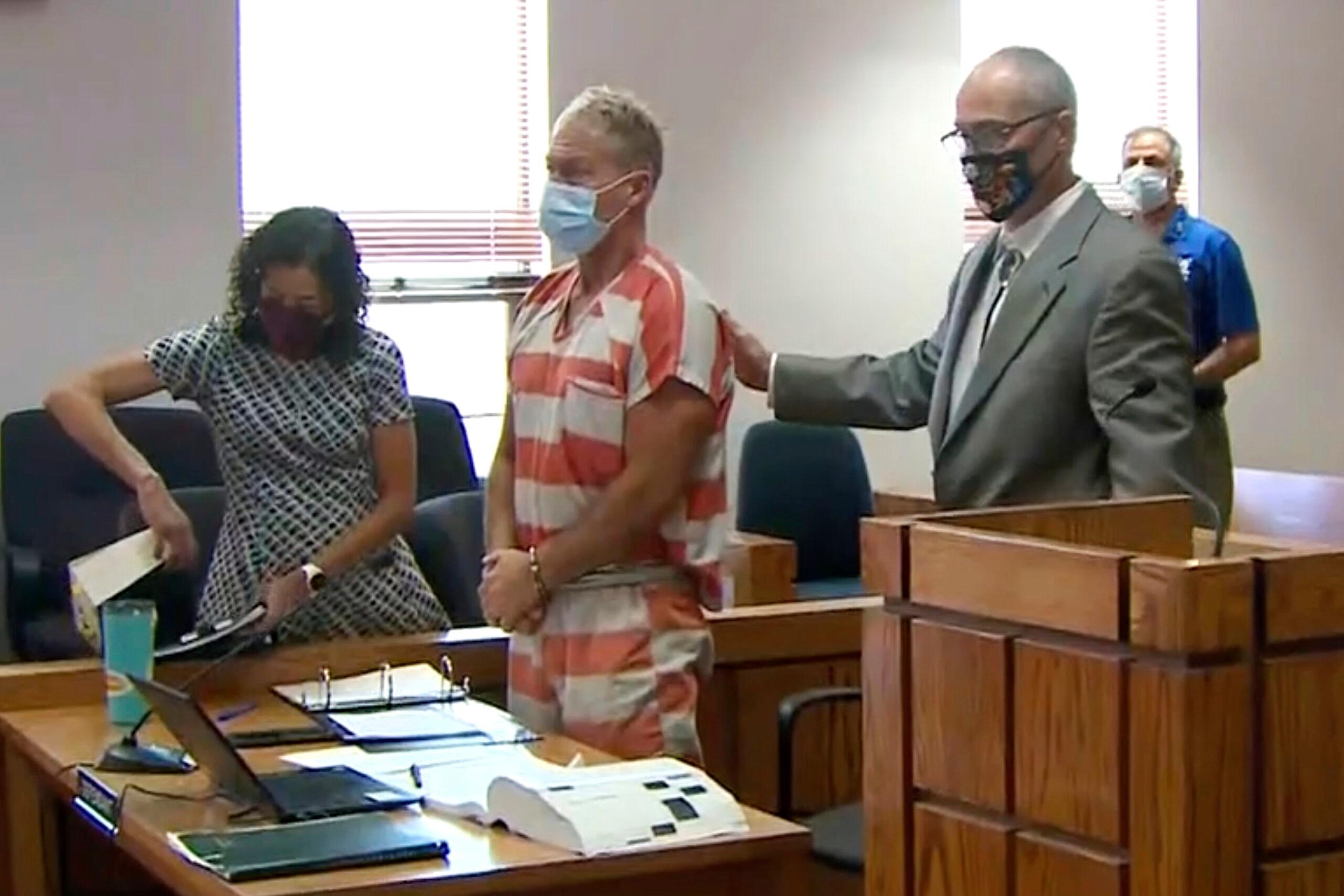
By Colleen Slevin | AP
A district attorney who brought charges that were ultimately dismissed against a Colorado man accused of killing his wife faced a discipline hearing Monday that could lead to her disbarment.
A lawyer for Colorado’s Office of Attorney Regulation Counsel described 11th Judicial District Attorney Linda Stanley during opening statements of the two-week hearing as an absent leader who failed to steer the case and let it crash.
“This is a case about a ship with a captain who never manned the bridge,” said attorney Jonathan Blasewitz, alleging Stanley violated attorney conduct rules.
While Stanley failed to make sure her office was meeting deadlines to have crucial experts in line to testify against Barry Morphew, she spent time engaging with true crime podcasters and tried to find out whether the judge in the case had committed domestic violence after one of the podcasters launched an online petition questioning his fairness, Blasewitz said in opening statements.
Stanley's lawyer, former prosecutor Steven Jensen, told the three-member panel considering the case in Denver that rural district attorney offices like Stanley's do not have as many resources to handle high-profile cases as larger, urban ones.
Stanley struggled to hire prosecutors to work in her sprawling district, especially after protests over the killing of George Floyd in 2020 discouraged people from working in law enforcement, Jensen said. Stanley had never prosecuted a homicide case herself, he said, but hired an experienced prosecutor, Jeff Lindsey, who said he was forced to leave his job at a much larger district that includes Colorado Springs after the newly elected district attorney wanted to bring in new prosecutors.
Jensen said that Stanley had a right to investigate a possible conflict of interest by Judge Ramsey Lama because he had been “incredibly biased” against the prosecution.
Stanley is also accused of violating rules for public comments she made about Morphew as well as unrelated fatal child abuse case in which she said a man accused of killing his girlfriend's child agreed to be a babysitter so he could “get laid.” Jensen said Stanley believed her comments to the reporter regarding the child abuse case were off the record.
The state will not be able to show “clear and convincing” evidence that Stanley violated ethical rules, Jensen said.
The panel will decide whether Stanley violated the rules and, if so, what her punishment should be. The most serious punishment she could receive is losing her ability to practice law in Colorado.
Lindsey, the first witness called by the state, testified that he was the main prosecutor working on the Morphew case with help from another one who, like him, was also working on many other cases. He said the case needed a prosecutor working exclusivlely on it as well as a full-time investigator and victim's advocate. He said he had to work nights and weekends to try to keep up with the case, and quit as preparations began for trial.
“I saw that nothing was happening as we geared up for trial unless I did it and I couldn’t do it anymore,” he said.
Prosecutors dropped the charges over Suzanne Morphew’s death in April 2022 after Lama barred them from calling key witnesses for repeatedly failing to follow rules for turning over evidence to the defense. That included DNA from an unknown male found in Suzanne Morphew’s SUV.
At the time, prosecutors said they wanted more time to find her body and left open the possibility of filing charges again later.
Suzanne Morphew's remains were found in September in a remote area of central Colorado more than 40 miles (65 kilometers) south of her home as authorities were pursuing a different case. An autopsy report released in April labeled her death a homicide but said she died by “undetermined means." A cocktail of drugs that are used to tranquilize wildlife was found in one of the 49-year-old woman’s bones but there was no indication of trauma, the report said.









